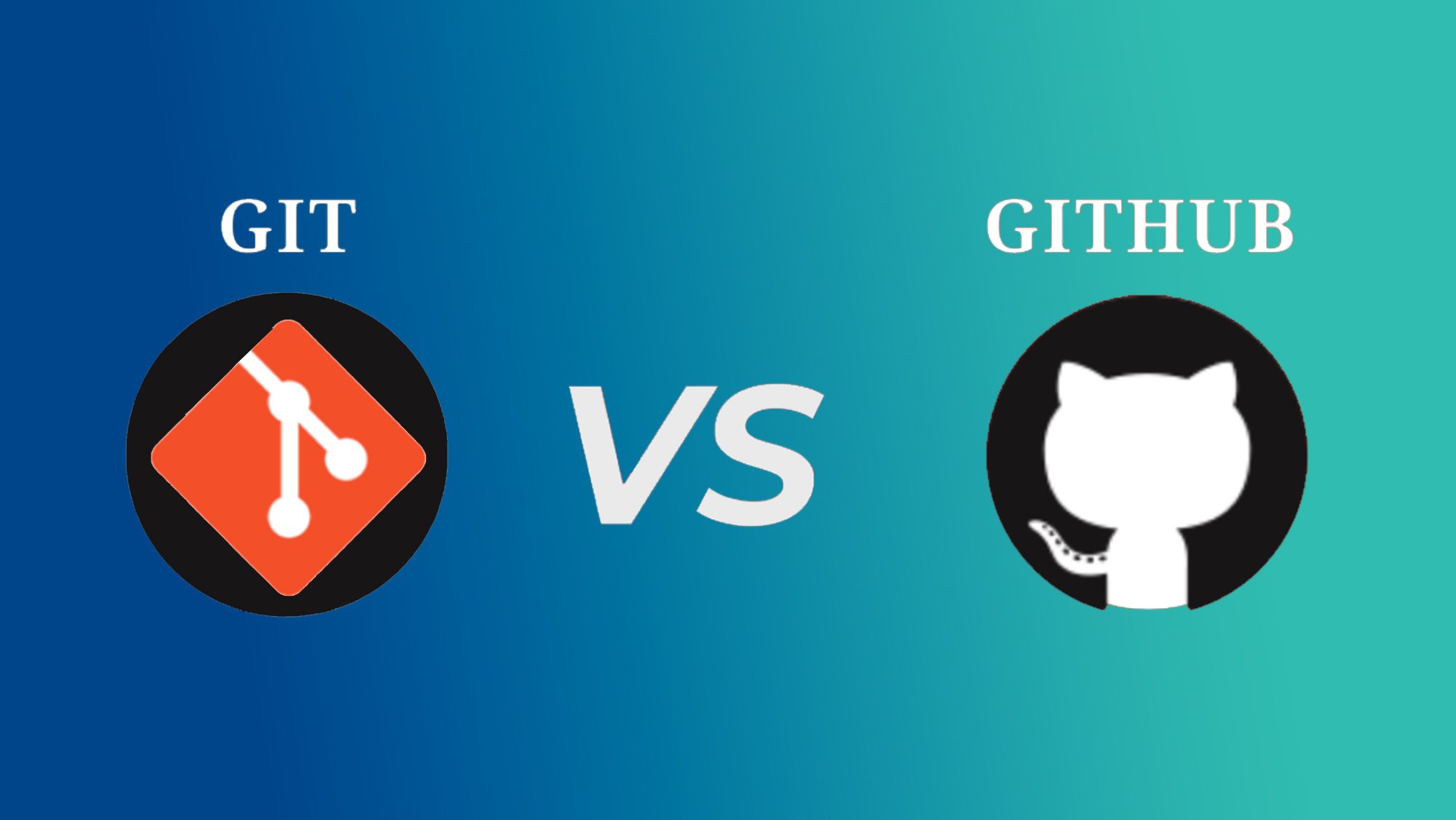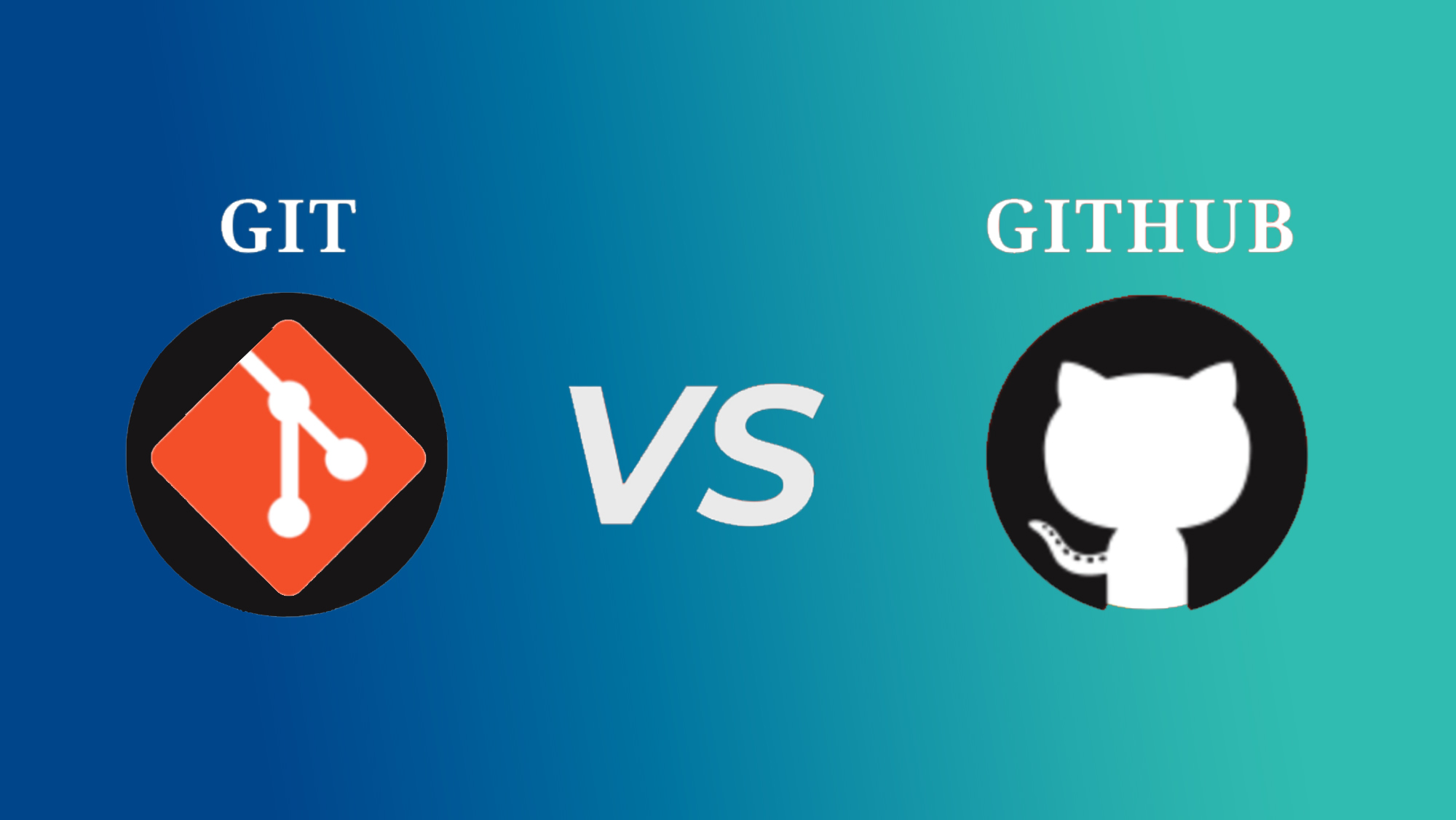Why is Git and GitHub Training Important?
- Efficient Version Control: Git allows developers to track changes to their codebase, enabling them to revert to previous versions, compare changes, and collaborate seamlessly. Understanding Git ensures efficient version control and helps prevent code conflicts.
- Collaboration: GitHub provides a platform for developers to collaborate on projects. Training helps individuals learn how to effectively use features like pull requests, code reviews, and issue tracking, enhancing team collaboration and productivity.
- Industry Standard: Git and GitHub are widely adopted in the software development industry. Familiarity with these tools is crucial for developers seeking employment, as they are commonly used by organizations to manage projects and collaborate with teams.
- Code Sharing and Open Source Contribution: GitHub allows developers to share their code with others, facilitating knowledge exchange and fostering a vibrant open-source community. Training equips individuals with the skills to contribute to open-source projects and engage with the broader development community.
- Project Management: GitHub provides project management features like milestones, kanban boards, and task tracking. Training enables individuals to effectively utilize these features, ensuring efficient project management and organization.
Who Needs Git and GitHub Training?
Anyone involved in software development, particularly developers, project managers, and technical teams, can benefit from Git and GitHub training. Git is a version control system that allows for efficient collaboration, code management, and tracking changes. GitHub is a web-based platform built on top of Git, providing additional features like issue tracking, code reviews, and project management tools. Training in Git and GitHub helps individuals understand the workflow, best practices, and advanced features, enabling them to contribute effectively to projects and streamline development processes.
What are the Benefits of Git and GitHub Training?
- Version Control: Git allows for easy tracking of changes in code, making it easier to collaborate, revert to previous versions, and manage multiple branches of code.
- Collaboration: GitHub provides a centralized platform where team members can collaborate on projects, review and merge code, and resolve conflicts efficiently.
- Code Management: Git and GitHub offer a structured approach to organizing and managing code repositories, making it easier to navigate and find specific files, branches, or commits.
- Workflow Efficiency: Training in Git and GitHub helps individuals understand best practices and workflows, enabling them to work more efficiently, reducing conflicts, and improving productivity.
- Project Visibility: GitHub offers visibility and transparency into projects, allowing stakeholders to track progress, review changes, and provide feedback.
- Community Engagement: GitHub is a popular platform for open-source projects, providing opportunities to engage with the wider developer community, contribute to projects, and showcase individual skills.
- Documentation and Issue Tracking: GitHub's issue tracking system helps in documenting and prioritizing tasks, tracking bugs, and providing a central location for discussions and resolutions.
- Continuous Integration/Deployment: Git and GitHub integration with CI/CD tools enable automated testing and deployment, streamlining the software development lifecycle.
Git and GitHub Career Opportunities
- Software Developer: Git and GitHub are essential tools for developers, and knowledge of version control systems is often a prerequisite for software development roles. Employers often seek developers who can effectively collaborate, manage code, and work within a version-controlled environment.
- DevOps Engineer: DevOps professionals focus on streamlining software development processes and ensuring smooth collaboration between development and operations teams. Git and GitHub are crucial for managing code changes, implementing continuous integration/continuous deployment (CI/CD) pipelines, and automating deployment workflows.
- Technical Project Manager: Project managers who understand Git and GitHub can better oversee software development projects, track progress, manage code repositories, and facilitate collaboration among team members. Proficiency in these tools allows for better communication with developers and a deeper understanding of project complexities.
- Quality Assurance Engineer: Git and GitHub play a role in versioning and code management for testing purposes. Quality assurance engineers can leverage Git and GitHub to track and manage test cases, collaborate with developers, and ensure the quality of software releases.
- Open-Source Contributor: Git and GitHub are widely used in the open-source community. Contributing to open-source projects can provide valuable experience, improve coding skills, and build a strong portfolio. Git and GitHub proficiency are essential for working effectively in this collaborative environment.
- Technical Writer/Documentation Specialist: Git and GitHub are often used for managing documentation, such as project wikis, README files, and code documentation. Technical writers proficient in these tools can create clear and well-structured documentation, improving accessibility and understanding for developers and users.
Conclusion:
Git and GitHub have revolutionized the way software development projects are managed and collaborated upon. Git provides powerful version control capabilities, while GitHub offers a comprehensive platform for team collaboration, code review, and project management. Proficiency in these tools is highly sought after in the software industry, enabling individuals to work efficiently, improve productivity, and contribute effectively to projects. Embracing Git and GitHub opens up exciting career opportunities and positions individuals for success in the rapidly evolving world of software development.






No Comments Yet
Let us know what you think